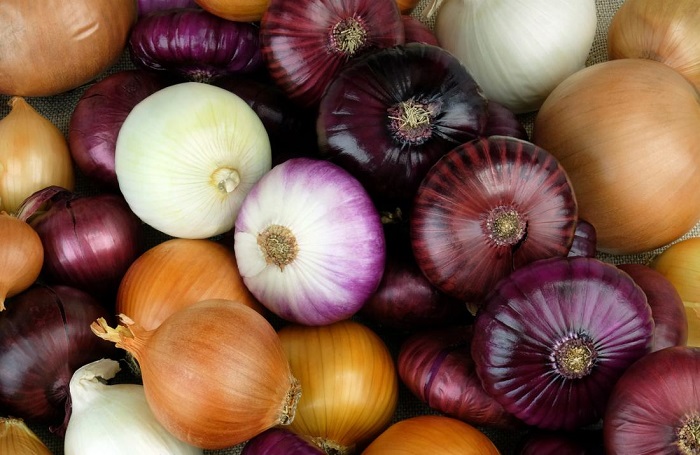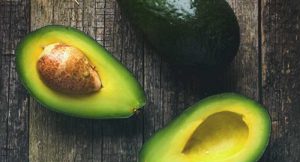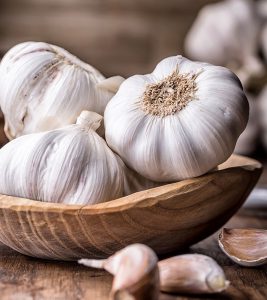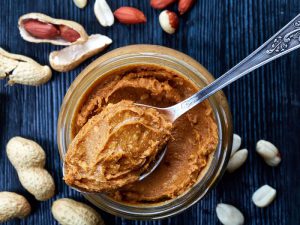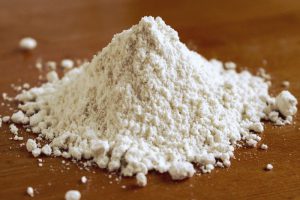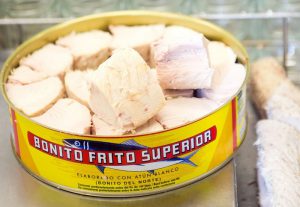The natural next step to buying groceries and other food products is putting them in the fridge. And why not? Putting food items in the refrigerator is one of the best ways to keep food from spoiling.
However, there are certain foods that don’t belong in cold places since extreme temperatures either discolor the food or accelerate spoilage. This list will show you which food items should be stored outside of the refrigerator and why.
Whole melons
Refrigerators can stunt the growth of naturally forming antioxidants in certain foods. For example, in melons, a USDA study found that refrigerated melons had less than half the antioxidant levels than their non-refrigerated counterparts. The cold air in a refrigerator prevents antioxidants from developing after harvesting.
Bananas
It’s commonly known that cold temperatures can slow down the ripening process of fruits. Bananas should be bought before they’re completely ripe and left to mature on your countertop and not in the fridge. In fact, refrigerators can accelerate rotting in bananas.
Potatoes
The cold climate in your refrigerator will convert the potato’s starch into sugar much quicker than you’d like. After purchasing potatoes, it’s recommended that you remove them immediately from their sack or plastic bag then store them in a cool, dark place in your kitchen.
Onions
Onions require proper air circulation to retain their freshness. Store them in paper bags with enough holes in them to let your onions breathe. In addition, keep them away from potatoes since onions release a gas that accelerates the potatoes’ aging process.
Tomatoes
This can be quite tricky since some people like cold tomatoes on their sandwiches. If you do store tomatoes in the fridge, be sure to increase your refrigerator’s internal temperature. This will prevent the formation of crystals within the tomato which gives it a grainy, nasty texture.
Avocados
It’s always best to buy an avocado just before it’s completely ripe. However, don’t let it ripen in the fridge since the cold temperature will impede the ripening process. Leave it on your kitchen counter to ripen, and only put it in the fridge when it’s completely ripe.
Garlic
Surprisingly, if you place garlic in a refrigerator, it’ll sprout. Mold will also develop on the skin and inner layers of the garlic bulb. Furthermore, cold temperatures will keep visible signs of rotting within the casing, so it’ll be practically near impossible to know whether the garlic is rotten just by looks alone.
Hot Sauce
Hot sauce is made with vinegar and preservatives that prevent bacteria and mold growth. Putting it in the fridge won’t accelerate the spoiling process, but it’ll dampen the sharp, spicy taste of your favorite hot sauce. Keep a bottle of hot sauce in a pantry or on your kitchen counter away from direct sunlight.
Bread
Refrigerators can make your bread look and feel older than it is. Cold air causes bread to become stale. The only time you should put bread in the fridge is when it’s in sandwich form, but even then it should be sealed in plastic or a container to stop it from becoming stale.
Oils
Oil, a fat, will solidify when left in the fridge. This is common with coconut and olive oils, though essentially any oil will turn hard when left in an extremely cold place. If you ever make the mistake of leaving an oil in the fridge, simply plop some of it out and microwave for a few seconds to return it to its liquid consistency.
Honey

Honey is a magical super-food that can last for thousands of years if left in an airtight jar. However, putting a jar of this natural sweetener in the fridge will cause crystallization, giving it a dough-like texture that’s hard to scoop.
Pumpkins
Never leave fresh, raw pumpkin in the fridge unless you plan on using it within the next two to three days. Canned pumpkin puree can be placed in the fridge, but it’s more common to put it in a shelf away from cold air and sunlight.
Kiwi, Apricots, Peaches, and Mangoes
Just like melons and tomatoes, if these fruits are left in the fridge, they’ll begin to lose their nutrients and develop crystals that turn the fruit into mush. Leave these fruits on your countertop away from moisture and sunlight.
Peanut Butter
Unless you like hard-to-scoop peanut butter that tears through toast, feel free to leave a jar of this good stuff in your fridge. It would be better to place this sweet and salty spread in a cabinet or on your countertop.
Floor
There won’t be any damage to your flour if left in the fridge, though you can rest assured that this basic ingredient will do just fine anywhere else. Save some space in your fridge by taking your flour out and putting it in an airtight container on your counter.
Eggs
Whether you should put your eggs in the fridge is still debatable. On one hand, leaving it in a room temperature area of your home will preserve its flavor and texture, whereas keeping it in the fridge will significantly grant it a longer life before spoilage.
Salad
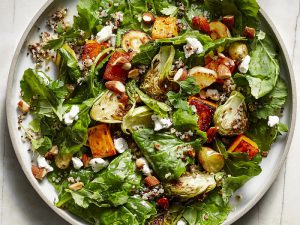
Your salad can do fine in room temperature for a couple of hours before wilting. It’s not advised to make salads too far in advance and only portion it out depending on how much you and your guests can eat. If salad is already dressed, there’s no hope for extending its life beyond the wilting point.
Peppers
Legend says that keeping peppers in the fridge will give it an extra crispiness and enhance its spiciness, but in fact, the cold will tone down its spice factor and does nothing to improve its snap. Keep peppers in a plastic or paper bag and place it in a dry place.
Canned Tuna
An unopened can of tuna won’t rot if left outside of your fridge. The juices that coat and saturate the flaky meat keep it well-preserved and able to provide flavor for many years. If you open your can of tuna, if left undressed (e.g. not in a salad or smothered in mayonnaise) it should last for a couple of days outside of the fridge.
Spices
Most ground spices will last for several years without being stored in your fridge. The flavor of spices such as cinnamon and cayenne powder will lose its edge the longer it’s left in your fridge. In addition, their aromas will disappear as they slowly absorb the smells of whatever leftover meals you keep in the fridge.
#Healthy&Pretty

